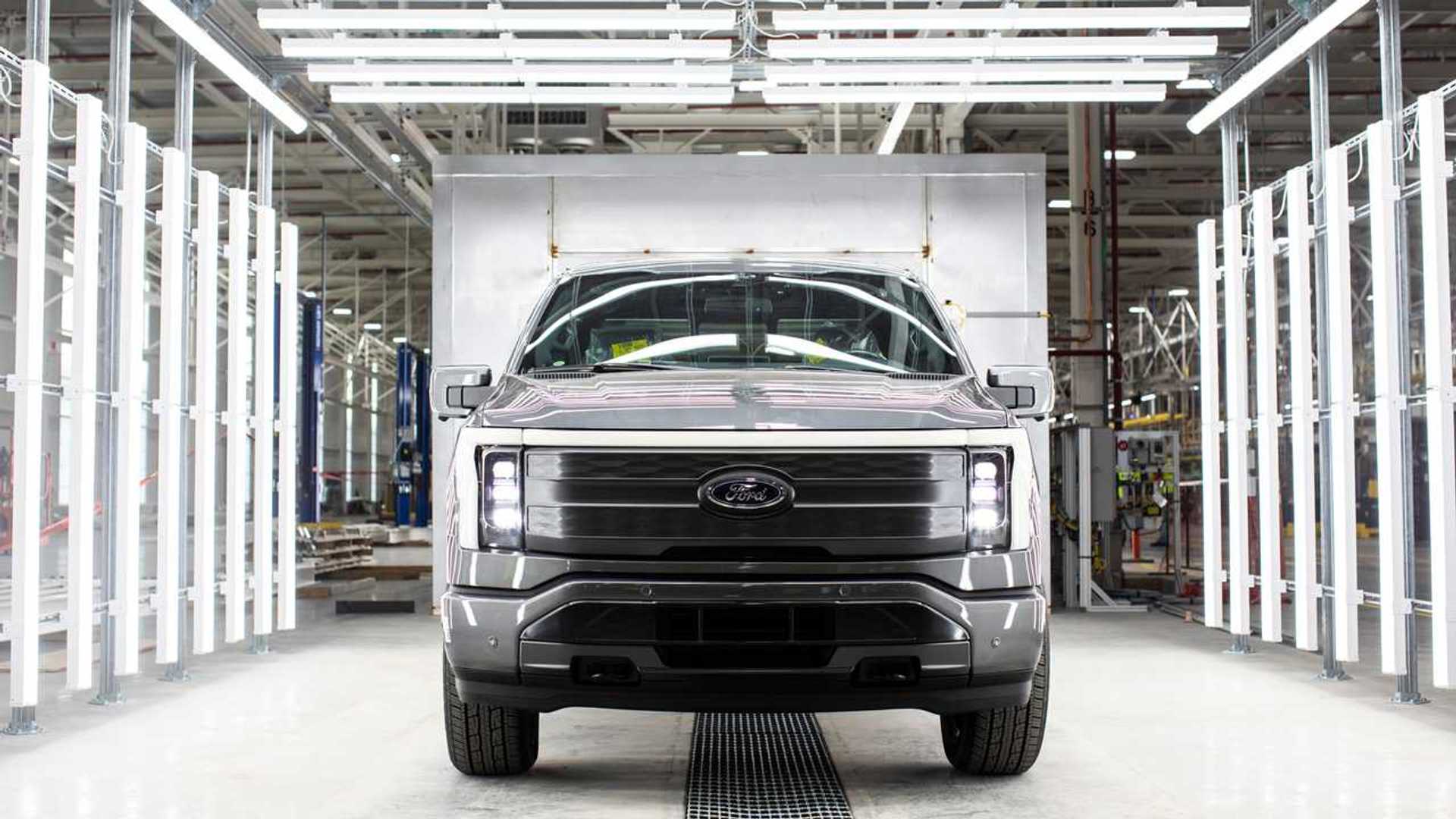
As we recently reported, Ford has officially announced plans to separate its electric vehicle and internal combustion vehicle business models. Ford CEO Jim Farley has made it clear on a number of occasions that he's learning a lot from Tesla, so the fact that Ford wants to bank on the growing interest in EVs comes as no surprise.
In order for automakers to sell EVs, dealerships will have to be on board. Otherwise, the brand could try to sell online, direct-to-consumer – much in the same way Tesla and Rivian are operating – but it would most certainly cause contention with dealers since it's against the rules. Ford will, instead, work alongside dealerships to help them adopt a hybrid version of the model.
Ford said in its announcement that it would handle EV sales differently, combining some sort of direct sales model, along with dealers involved providing expertise, service, and support. That said, plans haven't yet been finalized. According to Automotive News, Ford's goals include eliminating inventory, operating with set prices, and working out of fewer locations. Farley told the publication:
"It's going to be much more efficient, a lot more online. It's going to be a really different model."
Farley also went on to say that having dealerships involved could give Ford an advantage over Tesla. He noted that lack of physical support for customers can be problematic and some fixes simply can't be handled remotely. Farley added, "We can do things Tesla can't do."
The Ford CEO made comparisons to stores like Target and Home Depot that have a huge online presence and sell products on the internet, but also have a multitude of physical stores across the country.
Dealerships would certainly raise concerns if Ford just attempted to abandon them and sell its cars directly, so the hybrid plan is a compelling option. However, it's likely that some aspects of the automaker's potential future plan will be a disruption to dealers' policies and operations. However, Automotive News notes that, thus far, it seems dealers are "cautiously optimistic" about what the future may hold.
Ford will allow its dealers to decide if they want to sell EVs in addition to gas cars. There are not yet details about whether a dealer could choose to become "EV-only," though Farley said Ford is "betting on" its dealerships, and that they should "Get ready to specialize."
Ford National Dealer Council Chairman Tim Hovik made it clear that he's happy Ford is working to cooperate with dealerships. He also said that dealers are already learning to deal with a lack of inventory, so having no EV inventory on hand wouldn't be that different.
Another dealership executive, Vadim Makhlis shared his support of Jim Farley, though making it clear he's anxious:
"I love the concept but am anxious to see how it plays out. Given Mr. Farley's leadership the past few years, I do believe if they're going in this direction, it must be what the consumer wants."
Despite any apprehension from dealers, which is to be expected, NADA spokesperson Jared Allen claimed that franchised dealers are "all-in on EVs." He said dealers will be integral in increasing EV adoption.
In the end, Ford doesn't really have another viable option. It can't abandon its dealerships, and it needs their support in order to succeed. It's motivating to see that the automaker is making every attempt to move into the future while also continuing to support its dealers in the process.







